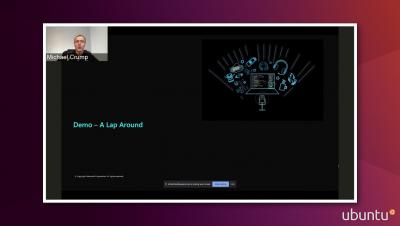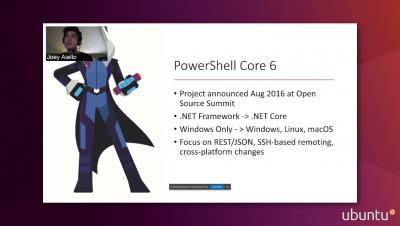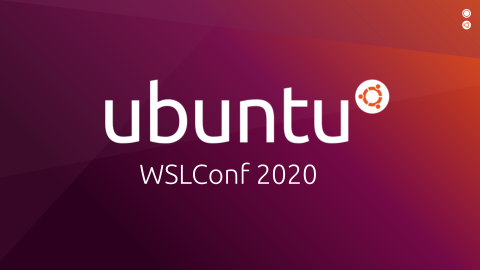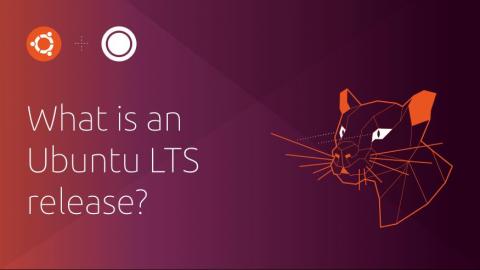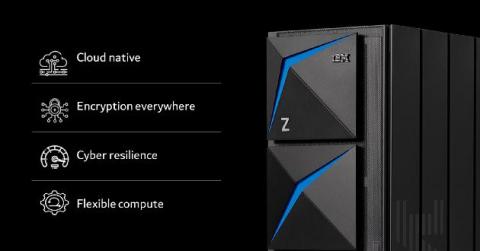Operations | Monitoring | ITSM | DevOps | Cloud
Canonical
Powershell 7
2004 to 20.04 LTS: Ubuntu in popular culture
When we launched Ubuntu back in 2004, our mission to make well-supported, free open source software available to everyone, everywhere was a bold one – but today, Ubuntu is one of the world’s most popular operating systems. One consequence of that popularity is that Ubuntu has very much entered the public consciousness, and its influence can be seen across all kinds of popular culture.
WSLConf: Sessions Part 1 - C++ cross-platform development and more
Earlier this year, Canonical had the pleasure of hosting WSLConf, a virtual conference dedicated to the Windows Subsystem for Linux (WSL). We demonstrated what teamwork and community can achieve when we flipped the in-person conference to a virtual experience in less than a week. WSLConf united developers, security professionals, team leaders from Microsoft, and a passionate community from all around the world.
What is an Ubuntu LTS release?
Come April 23rd 2020, Ubuntu 20.04 LTS will be available. It will be the first LTS version of Ubuntu since the 18.04 release, and in this blog, I want to answer the common question, what is an LTS? For a deeper look at the benefits of using an Ubuntu LTS, there’s a whitepaper for that, for anything else, this post will answer your questions.
GNOME 3.34 snapcraft extension
We constantly strive to empower developers. Part of that aim extends to making development easier, for example improving build tools and documentation. As an element of this continued effort, we would like to introduce the new gnome-3-34 snapcraft extension!
Introducing the Ubuntu AWS Rolling Kernel
The linux-aws 4.15 based kernel, which is the default kernel in the Ubuntu 18.04 LTS AMIs, is moving to a rolling kernel model.
LXD pod commissioning data
MAAS is built to manage machines, including the operating systems on those machines. Enlistment and commissioning are features that make it easier to start managing a machine – as long as that machine has been configured to netboot. Enlistment enables users to simply connect a machine, configure the firmware properly, and power it on so that MAAS can find it and add it.
IBM Z delivers a Trusted Execution Environment with Ubuntu 20.04 LTS and new single frame models
In September 2019, IBM released z15 and LinuxONE III, the most secure cloud environment in the market featuring pervasive encryption built-in at its core with Ubuntu. This offered a solid foundation to launch hardened security offerings for the mainframe across platforms such as MongoDB, Postgres, IDAA, IBM Cloud Private and the IBM Hyper Protect services family.
Robotics pages on Ubuntu: bridging the gap
Today, 10/04/2020, new robotics pages went live on ubuntu.com. We want to show our involvement, our stance and our support for ROS and robotics. These three pages cover what we do in the robotics space, Canonical’s involvement with ROS and Open Robotics, and the relevance of community in the field of robotics. Our intention is to be another entry point for new users to involve themselves and to enable them to build robots with ROs on Ubuntu.


